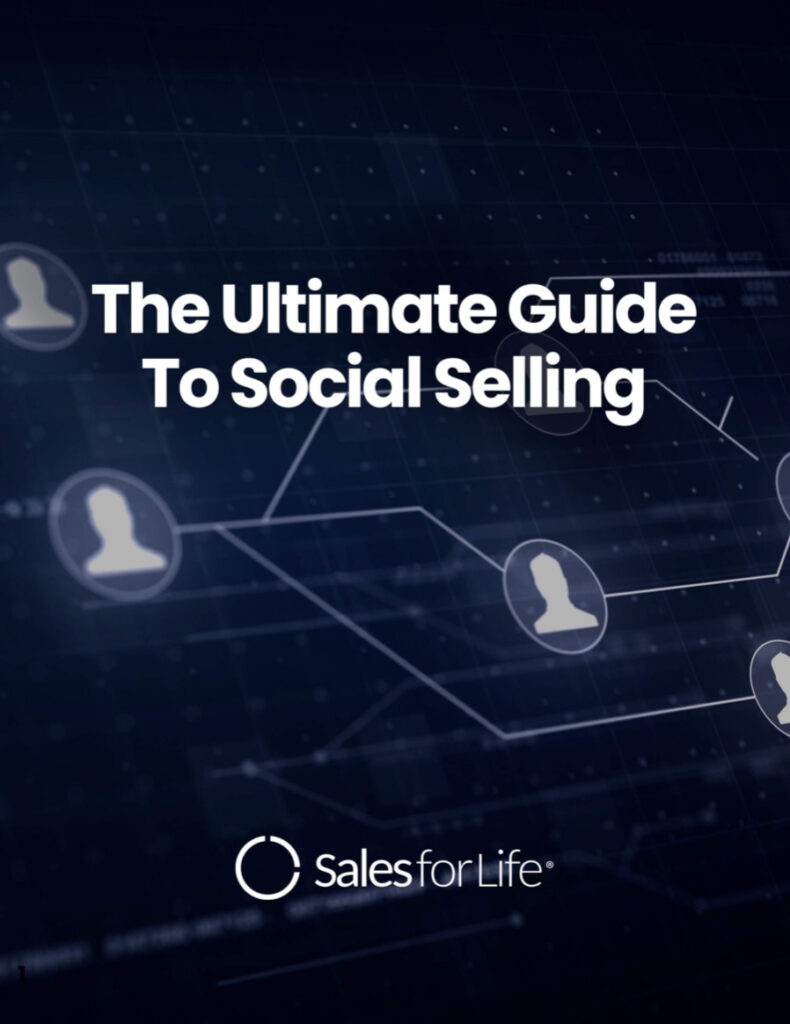
When most sales reps are pitching, they view their world as a “Buyer and Seller.” It’s a showdown between the buyers never-ending reluctance to move forward, versus the sellers constant pushing for the close. Unfortunately, this mentality leads to basic sales training to “have a pipeline thick enough to weather any storm – keep throwing leads against the wall until one sticks.” If you or your sales reps are stuck in this rut, you need to learn about SOCIAL VALUE.
Social Value is very simple. It’s not about your watch, bank account or fancy haircut – it’s about the stock one person places on your opinion. Social Value is what prospects are sub-consciously doing to you right now, sizing your experience and perceived worth to their business. You have only a few moments (early in in the sales cycle) to solidify high social value. If you miss this window, regardless of your recommendations, you’ll never reach the Parent/Child Relationship with your prospect and truly help influence their buying decision. You’ll need to resort to pricing discounts and traditional “if you sign now…” tactics.
How to Build Social Value
Remember, social value isn’t showing up in your new Jaguar to prove you can sell. You have your job because you can sell. Social Value is built by providing so much value that you become a need in their ecosystem; you become a resource the client/prospect feels they need to talk about to others.
- Prove with empirical evidence you can solve their problem
Don’t talk out of the side of your mouth – sell with proof, metrics, examples, antidotes. “People buy from people they like, and people like people like them” – all that means is create a sales environment where they empathize with the examples & results you describe.
- Give something for free
Now that the prospect relates with the evidence you’ve provided – become their resource. A real resource! First, understand exactly what they are trying to achieve and provide genuine solutions to that problem. Now, give something for free – that can be time, resources, references for business problems outside your scope, anything that makes you a trusted resource.
Result – Controlling the Parent/Child Relationship
You’ll know once you’ve created Social Value, as their attitude towards your calls, emails & visits will completely change. You are a peer, mentor and true advisor. I’ve witnessed this in multiple industries, regardless of the monetary impact of the deal. Whether you sell million dollar platforms or $1,000 widgets, you want to have their complete and utter attention when you speak.
Parent/Child Relationship – We’ve all heard of “Student/Teacher Relationship” sales tactics. This happens in every sales pitch. They speak for 15 minutes, and then you switch roles. But that’s SELLING, not INFLUENCING.
Think of Parent/Child as the relationship you have with your own parents. You wanted to eat the 5 scope ice-cream dinner when you were 6 years old, but your parents wouldn’t allow it. There wasn’t a debate, negotiation or vote; it was your parents’ social hierarchy determining your nutritional habits. This happens for sales leaders in their pitches, first Student/Teacher, second Teacher/Student, finally Parent/Child. The sales leader as the social leader begins to guide the child (prospect) to the appropriate solution. The sales leader recommends a solution that the child perceives as the correct solution, because of trust.
How to Solidify the Sales Paradigm, the Parent/Child Relationship
1. Establish Social Value early in the sales relationship. First impressions weren’t given that name for nothing. Waiting until the proposal phase of the buying cycle is far, far too late.
2. You need to BELIEVE you have a solution that will truly provide value. Belief will create conviction. If you waiver from this, your student will smell BS and revolt.
3. There is no weakness (maybe, see what I can do, uncertainty) in your presentation. Did your parents hesitate when you asked if you could eat a banana split for breakfast? Neither does a sales leader when prospects ask for deep discounts. You are definitive with pricing, negotiation (at the final point of the process), you are confident you’re presenting a solution with their best interest. That confidence needs to be conveyed.
Once you begin establishing high Social Value with your clients & prospects, you’ll notice increased call returns, meeting requests and closed business. People will buy from you because they trust you, no different than your trust in your parents opinion.



